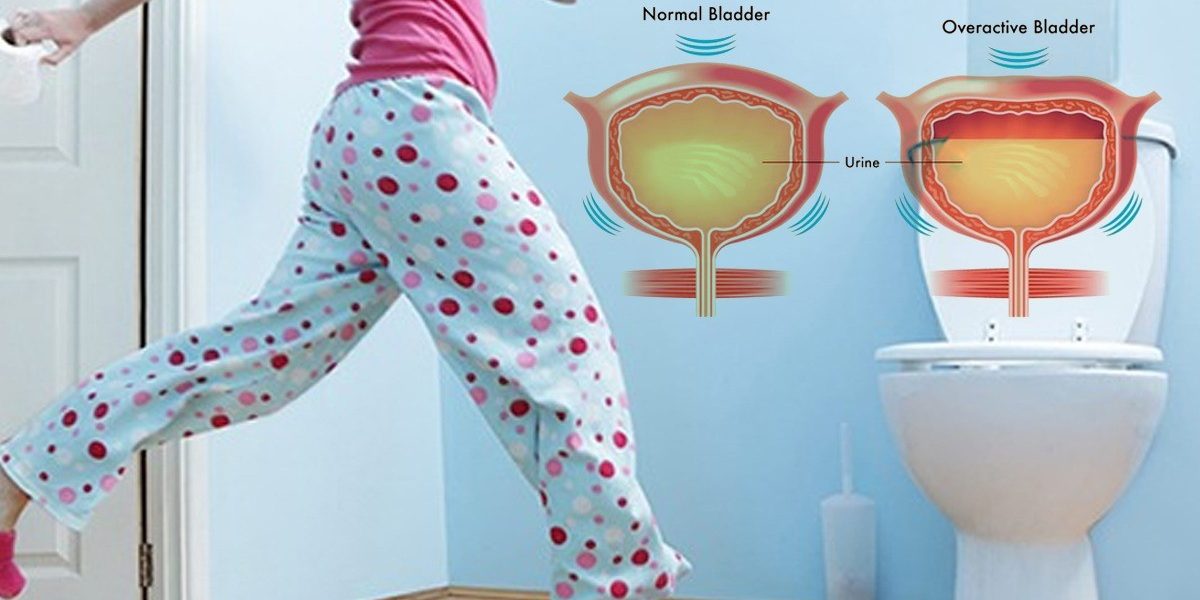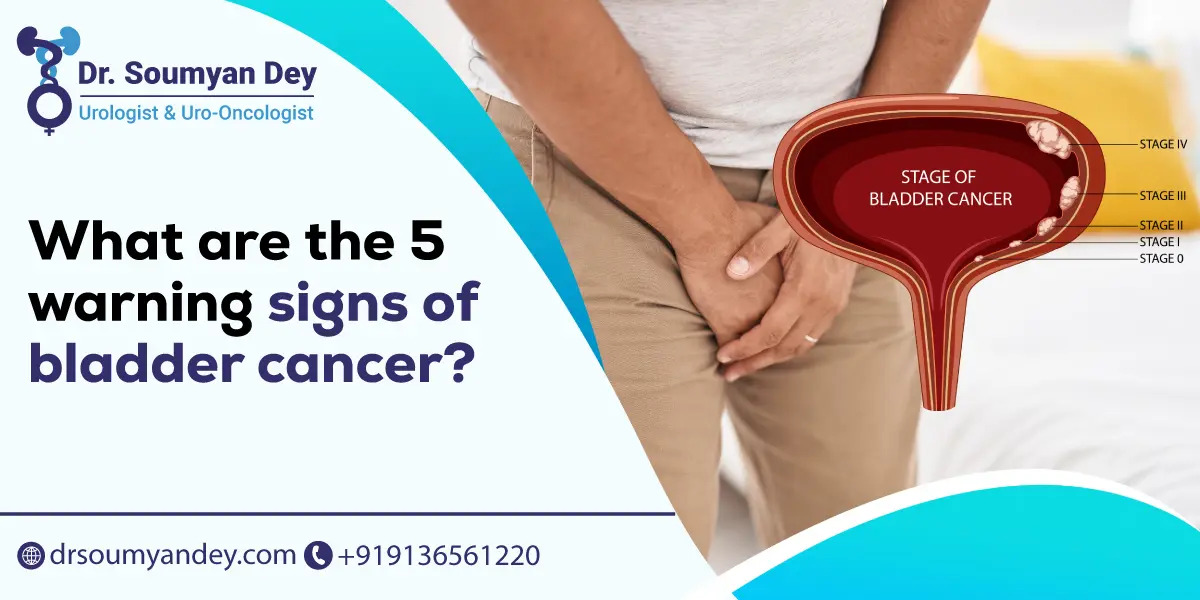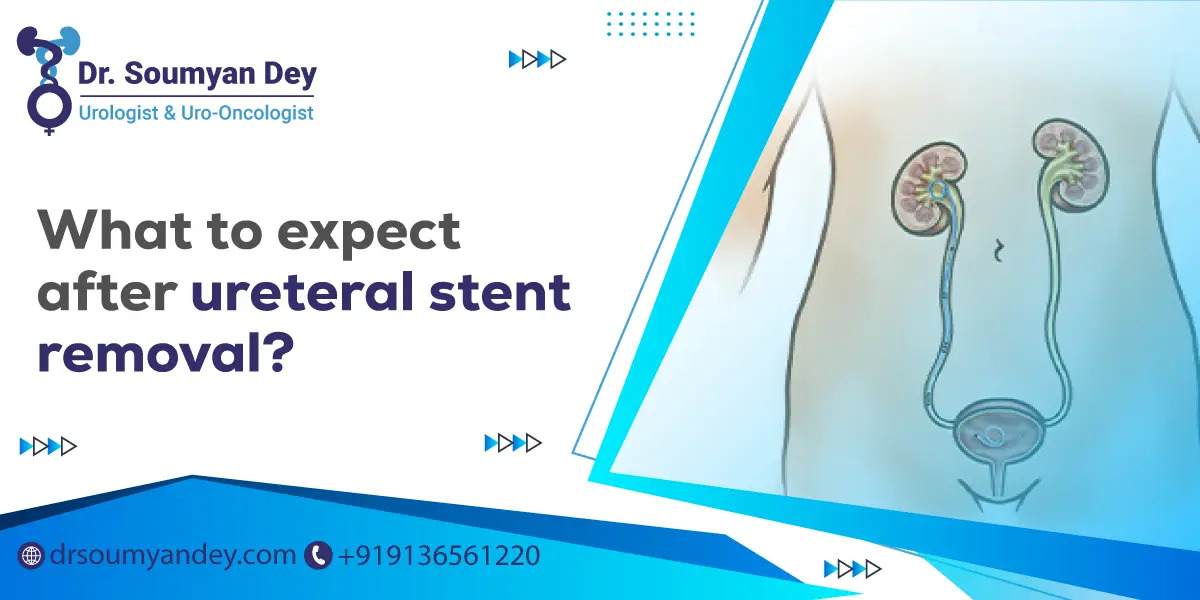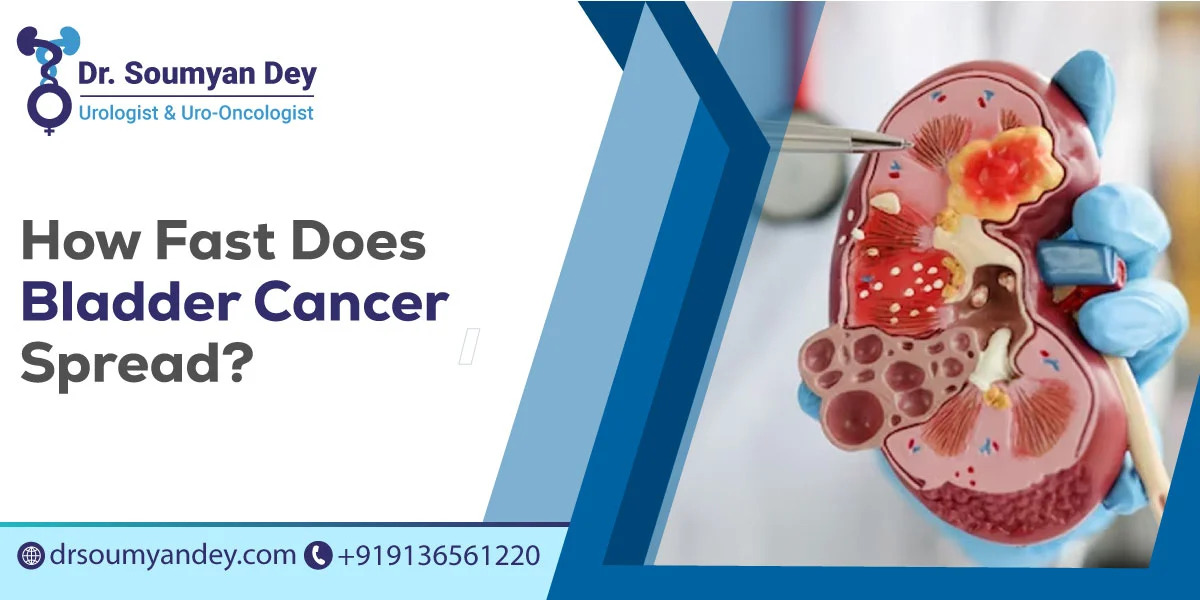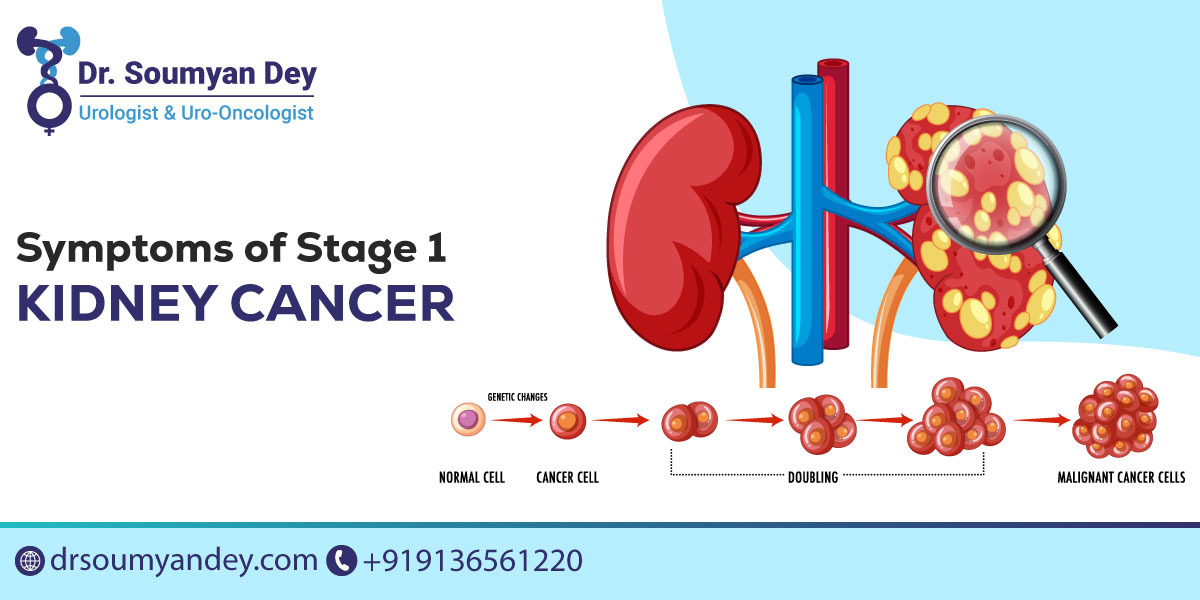Overview of Overactive Bladder Syndrome
An overactive bladder increases your urge to urinate. You might feel a frequent urge to urinate and chances are you will wake up several times at night to urinate. Some patients report incontinence (leakage), and others report frequent urination. These series of symptoms can negatively affect your quality of life.
Treatment for overactive bladder is available, but you may have to see a cystectomy surgery specialist in Mumbai if the symptoms persist or there’s a serious underlying problem. Here are the symptoms you must watch out for.
Symptoms of Overactive Bladder Syndrome
- The Urgency to Urinate: Usually, people have the ability to control their urge to urinate, at least until they make it to the bathroom. That’s not the case with people suffering from overactive bladder syndrome. You feel the urgency to urinate and might experience leakage if you don’t get to the bathroom in time.
- Frequent Urination: Your frequency to urinate increases when you have an overactive bladder. As a result, you will notice more frequent trips to the bathroom than usual. This doesn’t necessarily mean passing a large amount of urine every time you go to urinate, but you will have to visit the bathroom more often.
- Nocturia: Waking up once or twice at night is normal, but if you notice more frequent trips to the bathroom every night, it might indicate a serious problem. Nocturia refers to the state when you wake up several times at night to urinate, and not just on days when you had a lot of drinks, but every day.
Causes of Overactive bladder
There can be a single cause or a combination of issues that might lead to an overactive bladder. Pregnant women often experience the frequent urge to urinate or leakage when they laugh, cough, and sneeze. That’s because your pelvic muscles stretch during pregnancy. As a result, the bladder weakens and it comes out of its normal position.
A medical condition that affects your nervous system, such as Parkinson’s disease or a herniated disk, might cause urine incontinence. Excess caffeine and alcohol consumption is another common cause of an overactive bladder. Certain medications might also affect your brain functioning, which may send wrong signals to your bladder to empty (even when it’s not full). People suffering from obesity are also at a higher risk of getting an overactive bladder.
Treatment for an Overactive Bladder – Can it Be Cured?
Overactive bladder produces symptoms ranging from difficulty passing urine to frequent urge to urinate. You might have to wake up several times at night to urinate or report urgent incontinence (leakage of urine in small amounts). These symptoms have a negative impact on the quality of your life and can also lead to stress. People with an overactive bladder are highly likely to isolate themselves, avoid social events, and quit their jobs, as they feel embarrassed to pay frequent visits to the toilet.
Fortunately, many non-invasive treatment plans can help treat an overactive bladder. A few dietary changes, urine-holding techniques, and exercises to strengthen your pelvic muscle floors are a few easy and effective ways to treat an overactive bladder.
When to See a doctor
Adults often hesitate to talk about the symptoms of overactive bladder, but the problem is not uncommon. If you report the following symptoms, see a urologist immediately to figure out a suitable treatment plan.
- Waking up several times at night to urinate
- Inability to hold urine
- Leakage
- Urinate more than 8 times in 24 hours
The doctor might recommend a treatment based on how frequently you need to urinate, your age, symptoms that co-exist with frequent urination, medications, etc.
Behavioural Changes
Medication and exercises are prescribed in conjunction with behavioural changes to help you deal with the symptoms of an overactive bladder. Here are a few behavioural techniques that can help.
Note Everything: It’s important to keep a log of your fluid intake, the number of times you went to urinate, if any accident occurred, what exactly triggered the accident, etc. For instance, did the leakage occur when you couldn’t make it to the bathroom in time, or were you sneezing or coughing?
Pay Attention to Your Diet: Certain foods can worsen the symptoms of an overactive bladder, which is why it’s important to monitor your diet. Tea, chocolate, caffeinated beverages, spicy and acidic food, and alcohol are a few foods and drinks that might trigger the symptoms of an overactive bladder.
Bowel Regularity: Constipation can put extreme pressure on your bladder, which may worsen the overactive bladder symptoms. If you are having trouble urinating or reporting frequent urination, you should keep healthy bowel habits. To prevent bladder issues, follow a healthy and balanced diet. Avoid foods that cause constipation.
Keep a Healthy Weight: Obese and overweight people are at a higher risk of bladder problems. Your weight can put excess pressure on your bladder, which may lead to incontinence or frequent urination.
Drink Non-irritating Liquid: A common misconception among people suffering from an overactive bladder is that drinking fewer liquids can reduce your trips to the bathroom. On the contrary, fewer liquids can cause yellow and concentrated urine, irritating your bladder and leading to frequent urination. We’ve listed above the fluids and foods that might worsen your urination symptoms, so avoid them as much as possible. You should also avoid the intake of any fluid starting 2-3 hours before going to sleep.
Bladder Retraining Technique:
Learning bladder retraining techniques can help you hold urine for a prolonged period without feeling discomfort. This doesn’t happen overnight. But practicing it consistently can make it easier to control your urge to urinate.
Medications
The urologist will ask you to try behavioural techniques to control your urge to urinate, but if nothing works, they might recommend medication to ease your symptoms. These medications will help your bladder function normally.
Never stimulation is another technique that has been shown to reduce the symptoms of an overactive bladder. It is your nerves that send a signal to your brain that your bladder needs to be emptied immediately. For bladder control, you need to treat these nerves. Your urologist might recommend nerve stimulation when the conservative treatment shows no improvements.
How Can You Manage the Symptoms of an Overactive Bladder?
Bladder training is the most effective way of controlling your urge to urinate. It trains you to resist the urge to urinate and go to the bathroom following a timetable. Establish a voiding interval — the time between your visits to the bathroom. For example, if you urinate every two hours, this is your voiding interval. Increase this duration gradually.
The entire purpose of the bladder management program is to help you get control over your urination habit. Stand still and take deep breaths when you feel the urge to urinate. Walk slowly toward the bathroom, instead of rushing. Do not avoid fluids just to avoid frequent urination. Drinking less fluid will produce concentrated urine, which may irritate your bladder. This will eventually increase your trips to the bathroom.
Consult Dr Soumyan Dey – Best Urologist Uro Oncologist in Mumbai for the Overactive Bladder Treatment.

